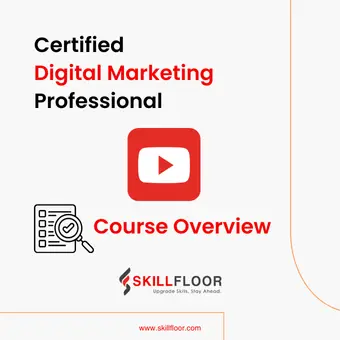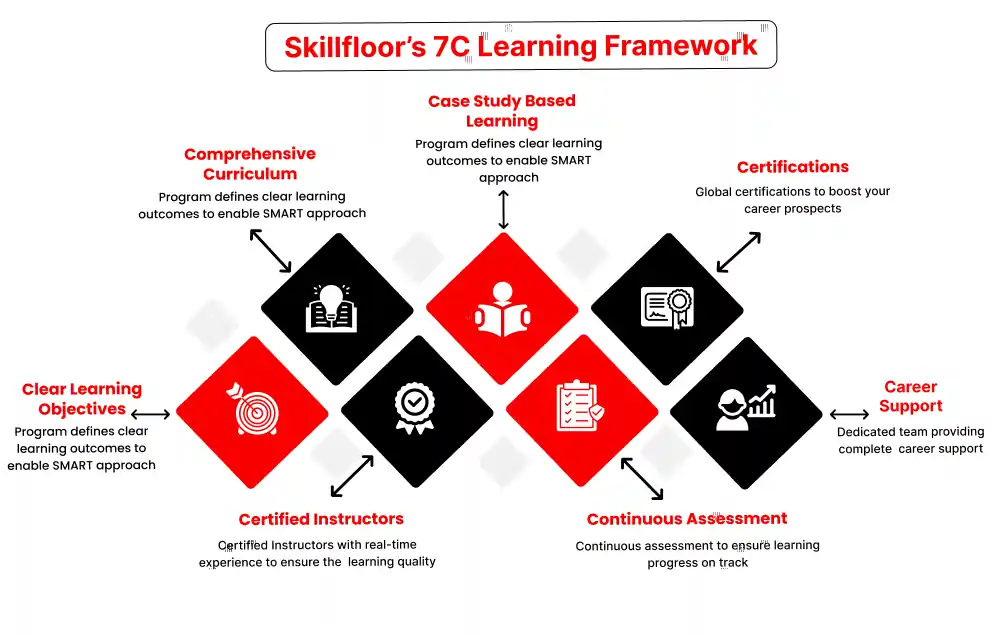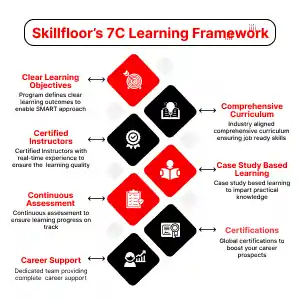Module 1: Introduction to Social Media Marketing
Overview of Social Media Platforms (Facebook, Instagram, Twitter, LinkedIn)
Role of Social Media in Modern Digital Marketing
Understanding Social Media Algorithms
Target Audience Identification and Segmentation
Key Metrics and Analytics for Social Media Success
Module 2: Content Marketing Fundamentals
The Importance of Content Marketing in Brand Building
Types of Content (Blogs, Videos, Infographics, Podcasts, etc.)
Content Creation Process: From Ideation to Execution
Developing Engaging and Relevant Content
Content Marketing Tools and Platforms
Module 3: Social Media Strategy Development
Creating a Comprehensive Social Media Strategy
Setting SMART Goals for Social Media Campaigns
Competitor Analysis and Market Research
Organic vs. Paid Social Media Strategies
Budgeting and Resource Allocation for Campaigns
Module 4: Paid Advertising on Social Media
Introduction to Social Media Advertising (Facebook, Instagram, LinkedIn Ads)
Understanding Targeting Options and Audience Insights
A/B Testing and Optimization for Better Performance
Tracking Ad Spend and Measuring ROI
Retargeting Strategies for Enhanced Engagement
Module 5: Social Media Tools and Analytics
Overview of Social Media Management Tools (Hootsuite, Buffer, Sprout Social)
Understanding Google Analytics and its Role in Social Media
Social Media Performance Tracking and Reporting
KPI Development and Reporting to Stakeholders
Case Studies: Successful Social Media and Content Campaigns









